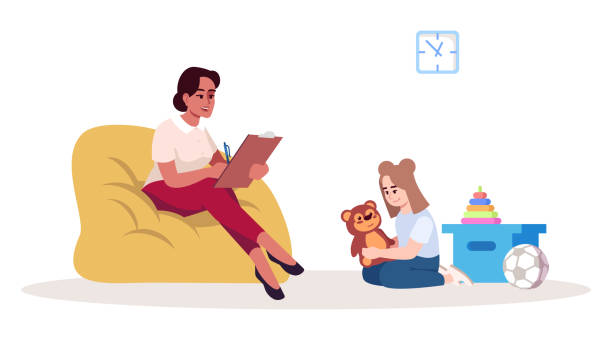SPOKANE PSYCH TALKS
FAQ’s about your child’s intake appointment: By Jacqueline Kramlich

What should I expect for my child’s first psychiatric evaluation?
The first evaluation is where we best determine your child’s goals for treatment and what some of the barriers to success may be. Sometimes a barrier comes in the form of a diagnosis, while other times it comes in the form of poor routines or lack of coping skills. Whatever it may be, the initial appointment is where we do our best to determine our destination and create a roadmap to success. The evaluation will feel like a back-and-forth conversation, but during this time we are assessing for mood disorders (including anxiety, depression, bipolar), psychotic disorders, trauma disorders, attention-deficit disorders, sleep disorders, eating disorders, substance disorders, self-harm/ suicidal ideation, and disruptive behavioral disorders. Initial assessments typically last between 60-90 minutes, depending on the complexity.
Will I need to fill out paperwork beforehand?
Yes! Yes! Yes! It is crucial that all paperwork be filled out in advance before your child’s appointment. This makes the best use of the time we have together during the visit, helps with diagnostic clarity, and prevents delays in treatment.
Should I join my child or wait for them in the waiting room?
Unless otherwise requested/preferred, both parent and patient are welcome back initially during the first appointment. Depending on age and symptom presentation, the provider may ask to speak to the patient alone as well as the parent alone for a short amount of time. If your child is 13 years or older, they will need to consent to us speaking to you without them present.
I want to share my perspective about what is going on with my child, but I don’t want to seem overbearing. What do I do if I disagree with what my child is saying during their intake?
There are many times when parents do not agree with what their child is saying during the appointment, just like the child may not agree with what the parent is saying. We know that there are multiple perspectives and experiences for every situation. Part of our training includes understanding the developmental stage of your child and how this impacts their perspective, as well as being able to look at the “whole picture” of what is going on – which also includes your insight. This means that we gather as much information as possible and then try to put the pieces together. While your child is present in the room with you, it is crucial that you are kind and supportive of any attempt they make to share how they are feeling. Most children/adolescents simply want to be given space to be heard.
If you find yourself disagreeing with your child during the appointment, you can always share your perspective with us later in the form of an e-mail or text message. If you feel it is crucial to share your perspective in the moment, asking your child’s permission to give your opinion on what they are saying is usually more effective than telling them you disagree with what they are saying.
How do I tell my provider things without making my child feel bad about themselves?
If there are things that you want your provider to know that you do not want to discuss in front of your child, please take the time to write this down on their intake paperwork and clearly indicate that you do not want to discuss it during the visit. You are always welcome to send updates or important information to us via e-mail, text, or portal. Depending on your child’s level of consent, we may or may not be able to respond directly to information you send to us. However, you are always welcome to send it.
No matter the situation, our assumption is that first and foremost, you love your child and want what is best for them. We are hear to support you and your child in reaching their goals!
